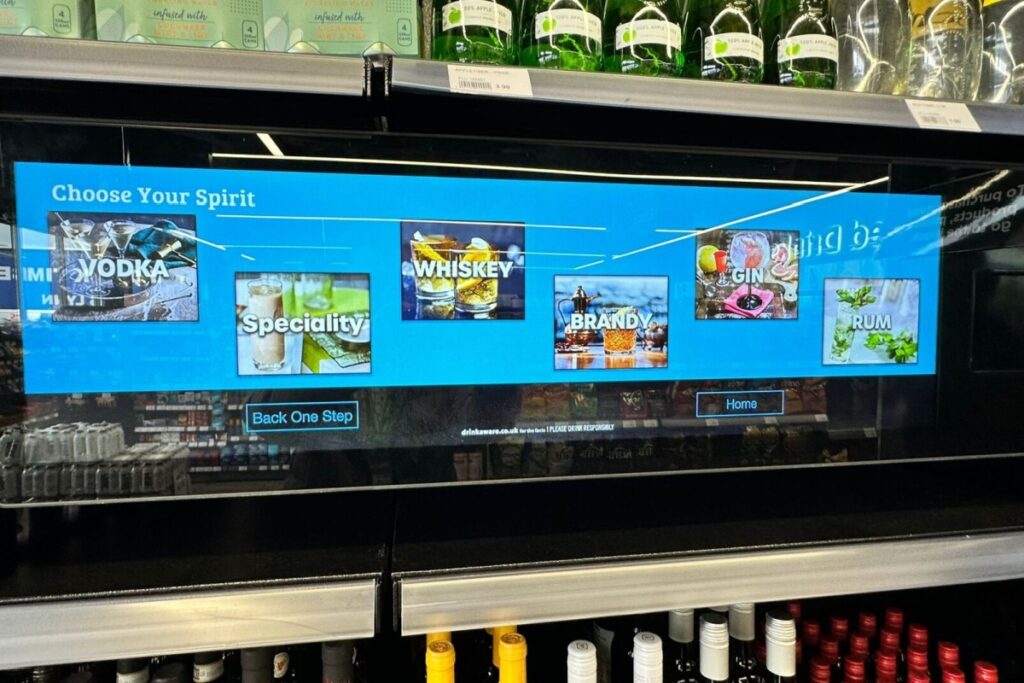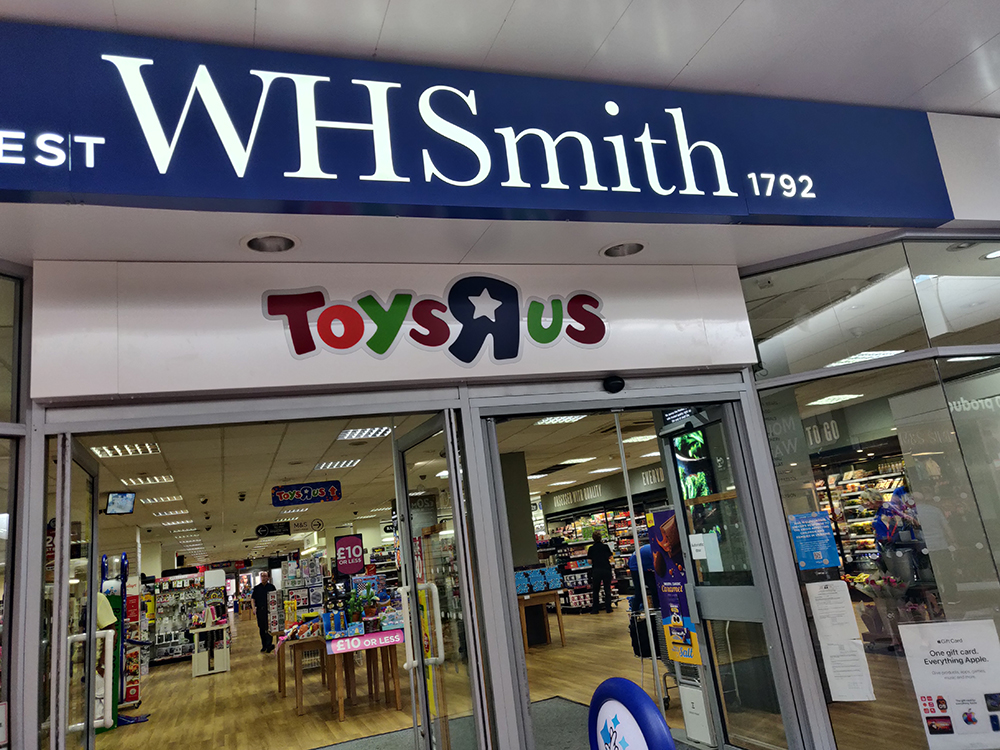Video game retailer Game has announced it will push the button on an IPO on the London stock exchange tomorrow morning, just two years after collapsing into administration. As part of their relist, the company announced the launch of a new ‘virtual loyalty‘ scheme offering shares worth £100 each to 20,000 customers, celebrating those who have stuck around through the good and the bad times.
Although this is by no means the first time that a company has chosen to reward loyalty, the strategic move from Game has certainly raised some interesting considerations for other brands around customer loyalty in the digital age. It certainly makes those ‘free tenth coffee‘ cards in the bottom of every wallet seem positively archaic.
The value exchange
Inspiring loyalty and trust in the 21st Century is a tricky business. Authentic marketing can still be effective in driving awareness, but empty promises and fake claims are destroyed within minutes on social media. As such, creatively establishing and rewarding loyalty has never been more important. Today‘s data-savvy consumers demand more in return for engagement and, with so much competition around, it doesn‘t take much for them to walk away.
The real value comes through establishing a balanced relationship. Consumers will engage and provide you with the information they see fitting to the service you are prepared to offer.
The question you need to ask yourself as a retailer is: are you doing enough to engage with your customers and inspire their loyalty? And how are you using this loyalty in a smart way to build on your company‘s reputation?
What Game has done here is certainly smart. Those not in the loyalty reward scheme feel like they are missing out, and will do all they can to be part of the action, while other businesses are also standing up and taking note of the video game retailer‘s return.
Harnessing and celebrating customer loyalty isn‘t difficult. It‘s about being true to your brand‘s values and remaining customer-focused in everything you do. Sometimes it‘s easy to lose focus on this.
The real truth is that most of us still don‘t really know the true value and potential of our personal data, but it‘s clear that as consumers we should be looking for something in return if we‘re giving that information away. Look at everything we‘re willing to give up for a ‘free‘ email service or social media account. That said, our data awareness is improving rapidly and it‘s safe to predict that brands are going to have to be clearer about what they are offering in exchange for this.
Loyalty Bubble
As the demand for innovative, modernised customer service becomes increasingly pressing, those retailers that don‘t have a strategy in place may well get left behind. Looking at an array of on- and offline tactics to help shape and nurture loyalty amongst customers will be the key.
Driving customer advocacy through public positive engagements that the world can see is powerful, but it‘s important to remember the ‘loyalty bubble‘ risk, where retailers do too much to try and attract new customers and end up over-extending themselves.
It‘s great to see that Game is taking an exciting and lateral approach to loyalty, and I bet those top customers are thrilled to be getting rewarded in this way. That said, it‘s worth keeping in mind that no gift is ever going to replace the most valuable commodity a business has in the digital age – trust.
Loyalty incentives may help get customers through the door or encourage repeat business, but inspiring trust is ultimately going to be the power that keeps your customer in orbit. This can‘t be done through a gimmick or a discount – it can only be created by continually providing a top service and by being transparent when that service fails (as even the best sometimes do). Keep thinking about how you ca
RELATED STORIES

















